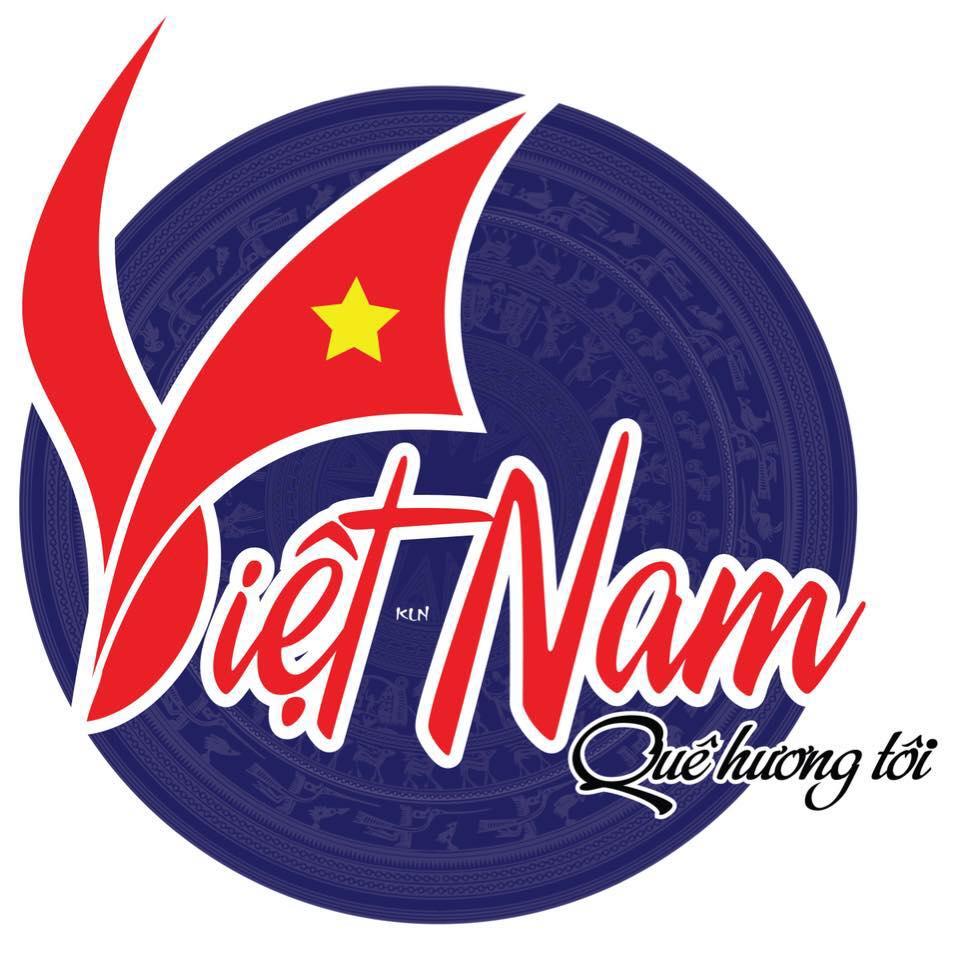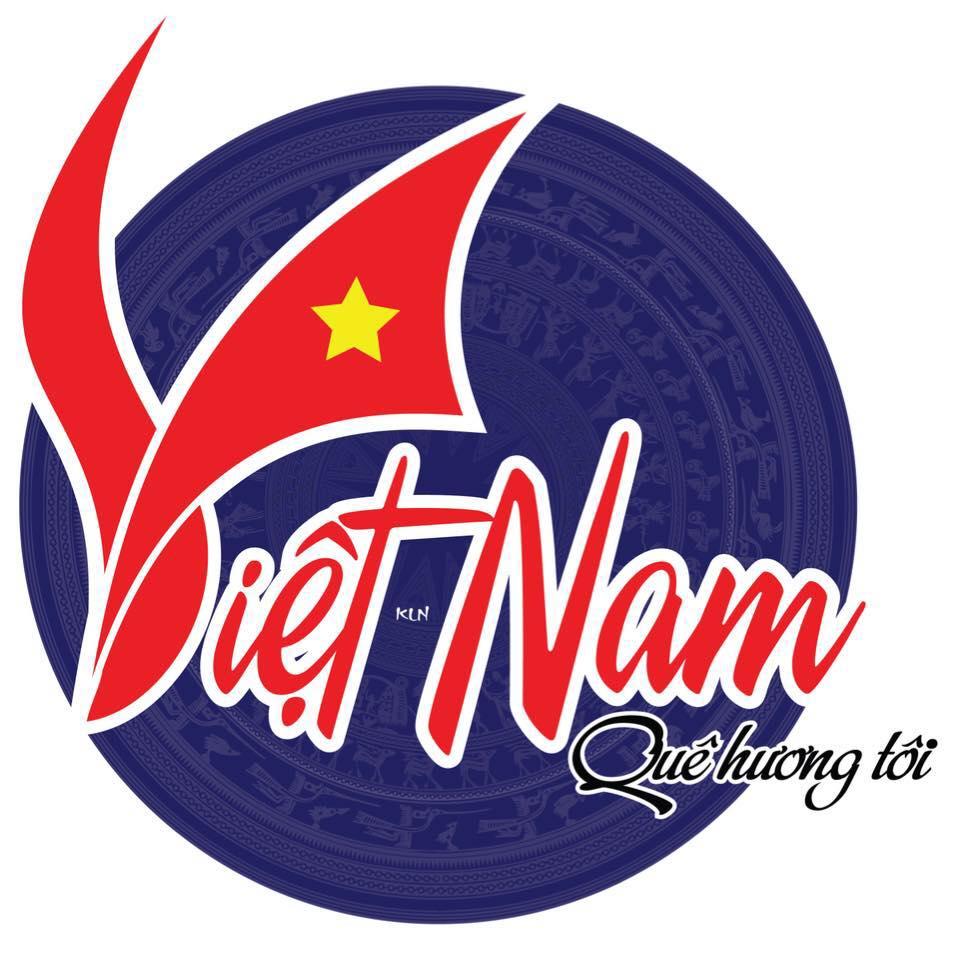"Exploring the Future Trajectory of Automotive Head-Up Display (HUD) Market
Introduction
As per MRFR Analysis, the Global Automotive Head-up Display (HUD) Market was valued at USD 1,552.1 million in 2023 and is projected to reach USD 5,722.2 million by 2032, growing at a CAGR of 15.6% from 2024 to 2032. The automotive sector has been undergoing rapid evolution, and central to this revolution is Next-gen HUD technologies. What was once a mechanical industry driven by combustion engines is now becoming a data-centric, electrified, and software-driven ecosystem. Regions like North America, Europe, Asia Pacific are playing a pivotal role in driving these changes, fueled by the innovation and ambition of leading companies like Continental AG, Denso Corporation, Bosch, Visteon Corporation.
Driving Innovation Through Automotive Head-Up Display (HUD) Market
The impact of Automotive Head-Up Display (HUD) Market on the global automotive industry cannot be overstated. From smart mobility solutions and autonomous driving technologies to electric vehicles and advanced safety systems, the concept encapsulates a broad spectrum of advancements. In North America, Europe, Asia Pacific, these technologies are being embraced not just by manufacturers but by governments, suppliers, and consumers alike.
For example, Continental AG, Denso Corporation, Bosch, Visteon Corporation are known for setting benchmarks in areas such as connected car platforms, intelligent navigation systems, and predictive maintenance. Their focus on integrating AI, machine learning, and IoT into automotive infrastructure illustrates the transformative potential of Automotive Head-Up Display (HUD) Market.
Shifting Gears: From Hardware to Software-Defined Vehicles
The traditional automotive value chain, once dominated by mechanical engineering, is now centered around software innovation. Companies like Continental AG, Denso Corporation, Bosch, Visteon Corporation have adapted to this shift by investing heavily in digital platforms and over-the-air software updates, allowing vehicles to evolve even after purchase. In North America, Europe, Asia Pacific, this shift is particularly pronounced as infrastructure and consumer readiness for digital adoption accelerate.
More than just transportation, vehicles are now becoming mobile computing platforms—an integral vision of the future shaped by Automotive Head-Up Display (HUD) Market.
The Role of Continental AG, Denso Corporation, Bosch, Visteon Corporation in Leading Transformation
Whether in North America, Europe, Asia Pacific or across global markets, the innovation brought by Continental AG, Denso Corporation, Bosch, Visteon Corporation is undeniable. These companies aren’t just building vehicles; they are designing ecosystems. Their investments in R&D, partnerships with tech firms, and participation in global pilot programs have placed them at the forefront of the Automotive Head-Up Display (HUD) Market revolution.
For instance, the development of Vehicle-to-Everything (V2X) communication systems by Continental AG, Denso Corporation, Bosch, Visteon Corporation has accelerated the industry's shift toward smarter traffic systems, enhanced driver assistance, and safer roadways. These efforts align with regulatory goals in North America, Europe, Asia Pacific, promoting sustainable and intelligent transportation models.
Automotive Head-Up Display (HUD) Market and the Electrification of Mobility
One of the defining aspects of Automotive Head-Up Display (HUD) Market in the automotive domain is its role in the transition to electric vehicles (EVs). In North America, Europe, Asia Pacific, EV adoption is not only supported by policy but also championed by Continental AG, Denso Corporation, Bosch, Visteon Corporation who are launching new EV platforms, battery innovations, and charging infrastructure at an unprecedented scale.
Electrification is not just an environmental imperative; it’s a commercial opportunity. Automakers leveraging Automotive Head-Up Display (HUD) Market for battery management systems, range optimization, and fast-charging solutions are gaining a clear edge in this competitive market.
The Consumer Perspective: What Automotive Head-Up Display (HUD) Market Means for Drivers
From a consumer standpoint, Automotive Head-Up Display (HUD) Market enhances safety, comfort, and personalization. Features such as adaptive cruise control, real-time traffic updates, driver behavior monitoring, and smart infotainment systems are becoming standard expectations in new vehicle models.
In North America, Europe, Asia Pacific, consumers are rapidly adopting vehicles equipped with these features, and Continental AG, Denso Corporation, Bosch, Visteon Corporation are leading the way by making such capabilities available even in mid-range models. This democratization of technology ensures that the benefits of Automotive Head-Up Display (HUD) Market reach a broad spectrum of users.
Smart Cities and Interconnected Mobility
One cannot discuss the future of Automotive Head-Up Display (HUD) Market without touching upon its integration into smart city infrastructure. Cities in North America, Europe, Asia Pacific are beginning to implement intelligent transportation systems where traffic lights communicate with vehicles, road conditions are relayed in real-time, and parking management is automated. This interconnected mobility ecosystem is only possible through the innovations brought forth by Continental AG, Denso Corporation, Bosch, Visteon Corporation and the integration of robust Automotive Head-Up Display (HUD) Market solutions.
Supply Chain Transformation Through Automotive Head-Up Display (HUD) Market
Beyond vehicle design and function, Automotive Head-Up Display (HUD) Market is making a profound impact on automotive supply chains. Companies are now using real-time tracking, predictive analytics, and digital twins to manage production and logistics with greater efficiency. In North America, Europe, Asia Pacific, manufacturing hubs are becoming smarter and more responsive thanks to the collaborative efforts of Continental AG, Denso Corporation, Bosch, Visteon Corporation and tech solution providers.
This not only reduces costs but also boosts sustainability by minimizing waste and energy use across the automotive production lifecycle.
Challenges to Address
Despite the promising outlook, the integration of Automotive Head-Up Display (HUD) Market into the automotive sector is not without hurdles. Cybersecurity risks, data privacy concerns, and the high cost of advanced technologies are persistent challenges. Moreover, in some parts of North America, Europe, Asia Pacific, infrastructure limitations can delay the full-scale rollout of connected and electric mobility.
However, Continental AG, Denso Corporation, Bosch, Visteon Corporation are taking proactive steps to address these issues through industry alliances, open-source platforms, and compliance with international safety standards. Their leadership ensures that progress continues while mitigating potential risks.
Government Policy and Industry Collaboration
Supportive government policies in North America, Europe, Asia Pacific are crucial for accelerating Automotive Head-Up Display (HUD) Market adoption. Subsidies for electric vehicles, smart traffic systems, and incentives for digital innovation are all part of national strategies that aim to make the automotive industry more resilient and future-ready. Collaboration between public authorities and Continental AG, Denso Corporation, Bosch, Visteon Corporation ensures that these efforts result in real, scalable solutions that benefit society at large.
What Lies Ahead?
Looking forward, the next phase of automotive evolution will be defined by autonomous vehicles, shared mobility platforms, and AI-assisted decision-making. Automotive Head-Up Display (HUD) Market will continue to be the backbone of these innovations. With Continental AG, Denso Corporation, Bosch, Visteon Corporation at the helm and regions like North America, Europe, Asia Pacific fostering innovation through collaboration, the path ahead looks promising.
As we continue to move from ownership to mobility-as-a-service (MaaS), from manual control to autonomous systems, and from fossil fuels to electrification, the importance of Automotive Head-Up Display (HUD) Market in shaping the industry’s trajectory is undeniable.
Conclusion
The road ahead for the automotive industry is exciting, transformative, and increasingly digital. By embracing Automotive Head-Up Display (HUD) Market, both established and emerging players can unlock new opportunities in efficiency, sustainability, and customer engagement. With regions like North America, Europe, Asia Pacific becoming hotbeds of innovation and leaders such as Continental AG, Denso Corporation, Bosch, Visteon Corporation driving technological growth, the future of mobility is not just being imagined—it’s already being built.
"


